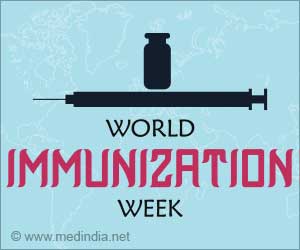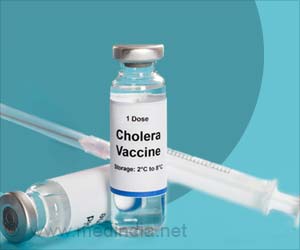Noted aid agency Oxfam has strongly denounced the international drug majors for failing to undertake any research into diseases that affect the poor. And they also protect their patent rights overzealously.
The $700-billion-a-year industry made "halting progress" in improving access to medicines in the past five years, Oxfam said in its latest report on the situation.And the results are there for all to see. The poor cannot afford the drugs they require. As much as 85 per cent of the worlds population is priced out of the drug market, Oxfam said.
Those who cannot afford drugs often pay with their lives.
Malaria claims the lives of one million people every year, while two million people die annually from TB.
It is not as if it is only the poor who are losing out thanks to the mindless pursuit of profit by business. Even the drug industry could be missing out on a huge potential market in the process.
Between 1999 and 2004, there were only three new drugs targeted at diseases affecting the developing world out of 163 drugs brought to market, the report said.
Advertisement
High taxes and mark-ups by pharmacists and dispensing doctors also push medicine prices higher, they say.
Advertisement
Between 2000 and 2006, companies collectively made available more than 1.3 billion health interventions -- mostly donations of drugs, vaccines and diagnostics -- worth $6.7 billion, according to the International Federation of Pharmaceutical Manufacturers and Associations.
Oxfam acknowledged manufacturers were offering some free drugs and making others available at discounted prices but said this supply was still extremely limited and mainly restricted to high-profile diseases like HIV/AIDS.
Drug companies should implement systematic and transparent tiered pricing, drop their inflexible attitude to patent protection and commit to more research into diseases that predominantly affect poor people, it concluded.
Source-Medindia
GPL/P





